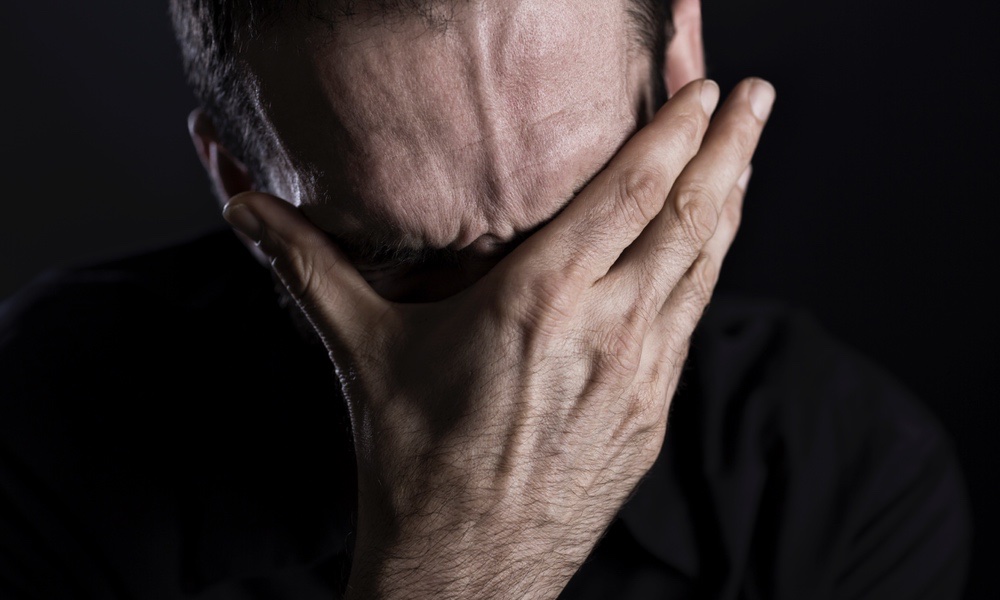Psilocybin is a compound that occurs naturally in certain kinds of psychedelic mushrooms.
Two recent studies point to the potential benefits of this mind-altering substance. One showed that it improved cancer patients' psychological health and well-being. The other found it aided people who were grappling with alcohol use disorder (AUD). In both instances, the research revealed that doses of psilocybin, when administered with the support of a trained psychotherapist, can lead to an increase in positive personality changes.
In the first study, published in the journal, Nature, a research team from New York University's Langone Health analyzed data from two previous clinical trials that used psilocybin-assisted psychotherapy to deal with the anxiety and depression in 79 men and women with cancer. During these trials, about half of the participants initially got a sizable dose of psilocybin, while the remainder of the participants were given placebos of either vitamin B3 or a small dose of the psychedelic compound.
After 6 or 7 weeks (depending on the trial), the groups switched treatments. Meanwhile, neither the researchers nor the patients were aware of which substance they were given. Psychotherapy preceded and followed each dosing session. The participants also completed a questionnaire about their mental health symptoms at the start of the study and six months after the second dosing.When it came to the cancer patients, psilocybin, accompanied with therapy, significantly reduced their anxiety, depression, obsessive thoughts and anger, as well as the physical symptoms associated with psychological distress.
When it came to the cancer patients, psilocybin, accompanied with therapy, significantly reduced their anxiety, depression, obsessive thoughts and anger, as well as the physical symptoms associated with psychological distress, the NYU team found. What's more, these improvements lasted up to six months.
“Our findings suggest that the mental health benefits of psilocybin therapy for cancer patients may reach far beyond what we previously understood,” Petros Petridis MD, the study's lead author and clinical professor in the Department of Psychiatry at NYU Grossman School of Medicine, said in a press release.
The second study was also conducted at NYU Grossman School of Medicine, but with a different team of researchers. Published in The American Journal of Psychiatry, it found that psilocybin therapy can improve the mental health of people who are dealing with alcohol use disorder.The patients became more “open” or more accepting of their thoughts and emotions. These changes continued seven months after receiving a second dose of psilocybin.
Compared to the patients who received a placebo, those participants with alcohol use disorder who were treated with psilocybin were less impulsive, depressed and vulnerable than they were prior to therapy.
Simultaneously, the patients became more “open” or more accepting of their thoughts and emotions. These changes continued seven months after receiving a second dose of psilocybin.
These psychological changes are particularly beneficial when treating patients with AUD. “Since impulsiveness has long been linked to both excessive drinking and relapse after treatment, the personality changes brought about by psilocybin-assisted psychotherapy may help those recovering from alcohol dependence remain resilient to internal and external stressors known to trigger relapse,” the study's lead author, Broc Pagni, a post-doctoral fellow in the Department of Psychiatry at New York University's Grossman School of Medicine, explained.The drug can also have serious side effects. It can raise blood pressure and heart rate and can cause incapacitating and sometimes overwhelming psychological responses.
Even though many people who have taken the psychedelic compound report profound spiritual experiences, leaps in personal growth and psychological well-being, the drug can also have serious side effects. It can raise blood pressure and heart rate and cause incapacitating and sometimes overwhelming psychological responses.
Researchers caution that taking the psychedelic should only be used in controlled settings, along with careful preparation and medical and psychological evaluation. The drug is not recommended for people who have a predisposition or a family history of psychotic or bipolar mood disorders.
The study is published in Nature Mental Health.





